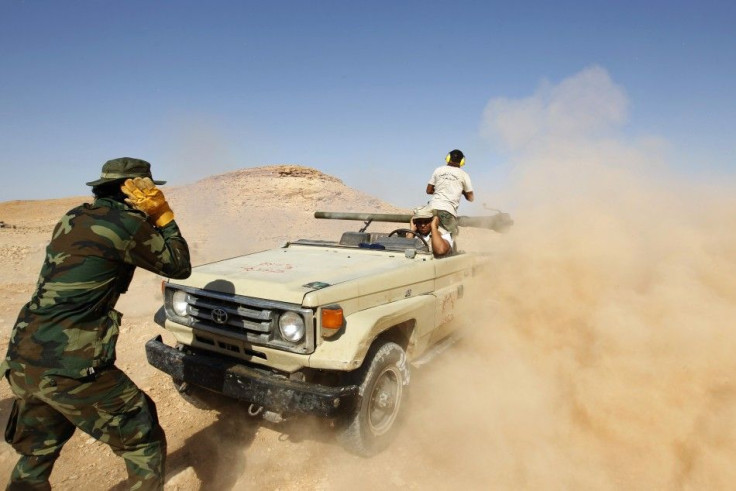Arab World Latest: Israel Dismisses Ergodan, Insurgents Bomb Iraq

The Kabul attack is now over, but the Middle East and Arab worlds are still overflowing with violence, social unrest and political tensions.
Libya: In what is likely the final push of the revolution, rebels have found it difficult to penetrate pro-Gadhafi forces in the cities of Bani Walid and Sabha.
The National Transitional Council pleaded with international governments for more weapons.
There will be fierce battles in Sabha with equipment that we do not yet have, and we ask for more equipment to retake these places, spokesman Abdul Jalil told BBC.
Iraq: The country was shaken by three separate attacks on Wednesday, resulting in the deaths of 19 people and leaving more than 50 injured.
A car bomb in southern Iraq killed 13 people outside a restaurant popular with local police officers. Two more were killed by a roadside bomb in the western Iraq town of Habbaniyah, while a group of gunmen opened fired in a Baghdad neighborhood the same morning, killing two policemen.
Militants targeted Iraqi security forces, just months before American troops are scheduled to withdraw in December. Iraqi leaders are currently discussing a proposal from the United States that would leave up to 10,000 U.S. personnel in the country for additional security and training. Politicians in Iraq don't like the plan, but the vulnerability of the Iraqi police to insurgent attacks may sway them otherwise.
Causing U.S. troops to stay is certainly the opposite of militants' intentions. In the past, insurgent groups have vocalized their hatred of the foreign presence in Iraq, and have been targeting security and political institutions instead of civilians with hopes of destabilizing the government.
Afghanistan: The city of Kabul is now under control, after a group of militants attacked the U.S. embassy, NATO headquarters and a number of other targets. The violence started Tuesday and ran into Monday morning, when NATO and Afghan forces killed the remaining two insurgents.
Sixteen people were killed in the attack, including five Afghan police officers and eleven civilians, at least six of whom were children.
U.S. officials are blaming the Haqqani network, a Pakistan-based insurgent group with deep ties to the Taliban and al-Qaeda.
What some said was a frightening display of force, U.S. Ambassador to Afghanistan Ryan Crocker shrugged off the event, calling it no big deal.
If that's the best they can do, you know, I think it's actually a statement of their weakness and more importantly, since Kabul is in the hands of Afghan security, it's a real credit to the Afghan National Security Forces, he said to reporters.
Syria: Will the violence between President Bashir al-Assad's government and protestors ever end?
Accurate reports from Syria are impossible to get due to the country's refusal to let the media in, but the latest news from activists say that the government opened fire on villages on Wednesday. The attacks occurred in the Idlib province near the Turkish border, near the site where many of the estimated 2,600 casualties have been recorded.
The Syrian government claims that 1,400 people have been killed in the six-month civil conflict, half of them state troops murdered by protestors.
Meanwhile, the Arab League again pushed Assad to stop the crackdown and to make constitutional reforms.
Israel: Playing the bigger man, Israel has decided not to respond to Turkish Prime Minister Recep Erdogan, who Tuesday said he was ready to go to war with Israel.
We'll let Erdogan lash out some more, one official said, according to Ynet. Israel has no intention of escalating the situation further, and the person doing this is Erdogan. His statements are a bully's slogans.
Turkey is a supporter of Palestine, which is up for statehood at the United Nations this week. Additionally, tension has been mounting between Egypt and Israel even since Hosni Mubarak was ousted, culminating in a violent outburst at Israel's embassy in Cairo earlier this week. Both governments have made amends.
© Copyright IBTimes 2024. All rights reserved.





















